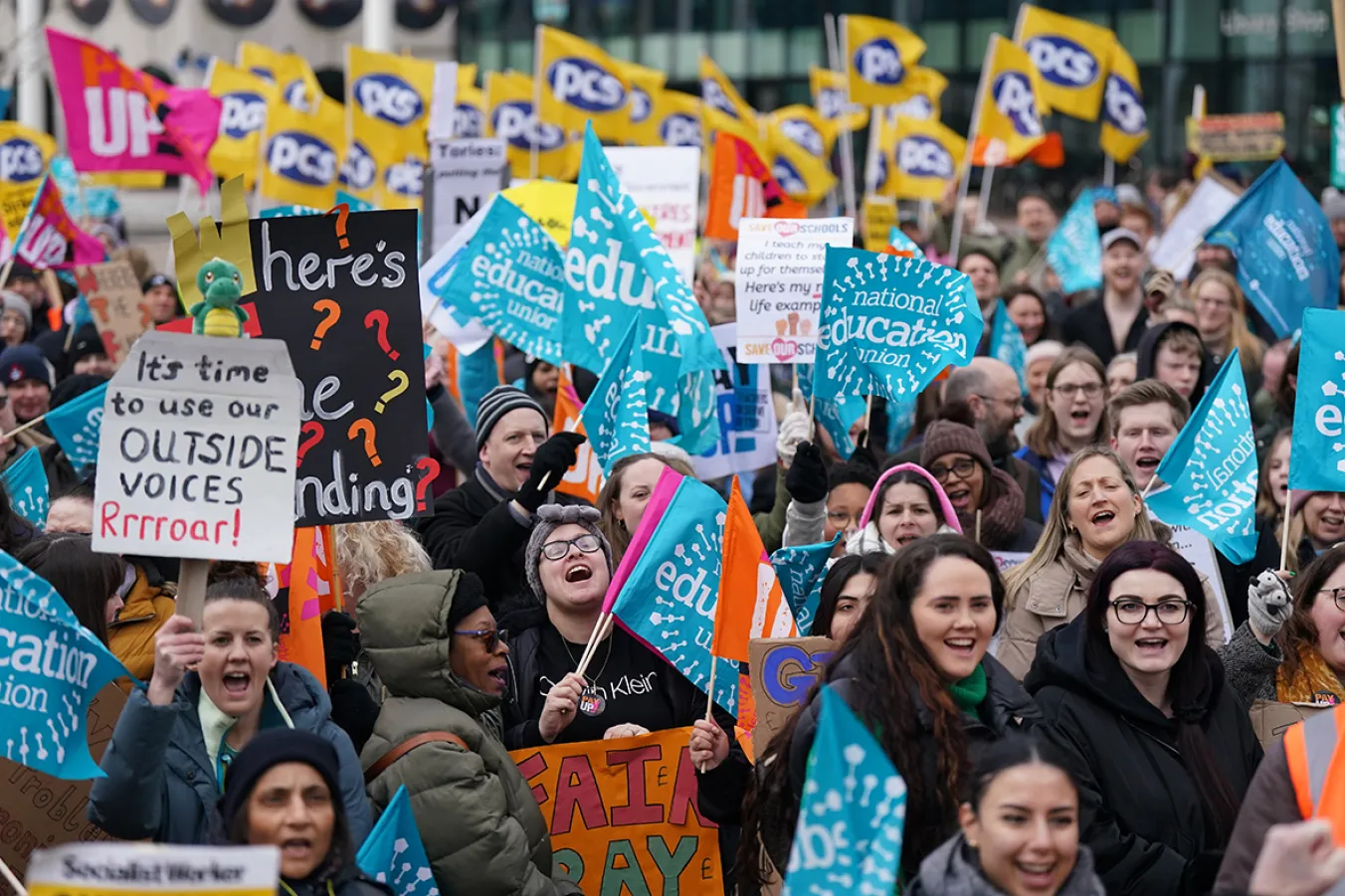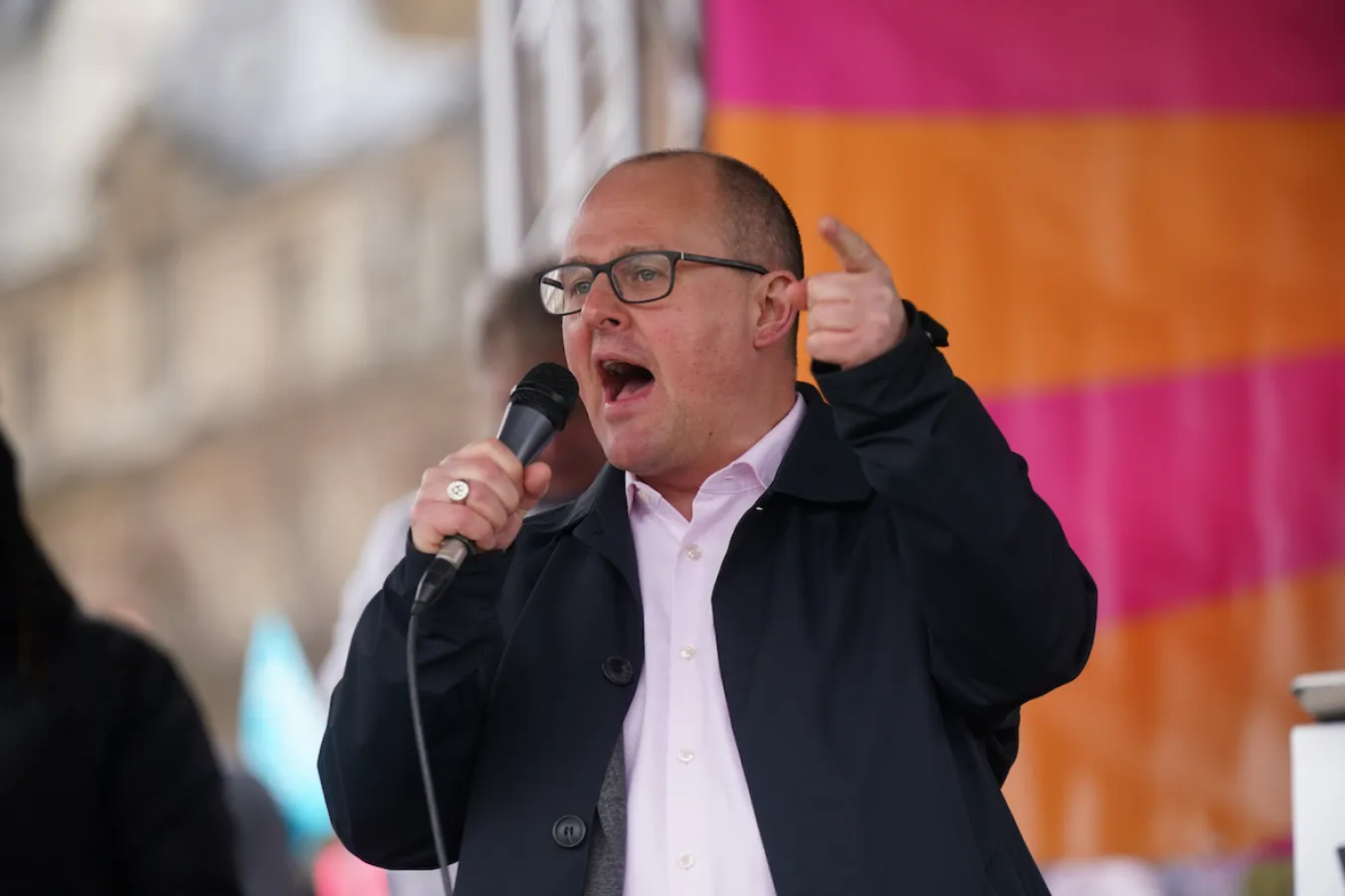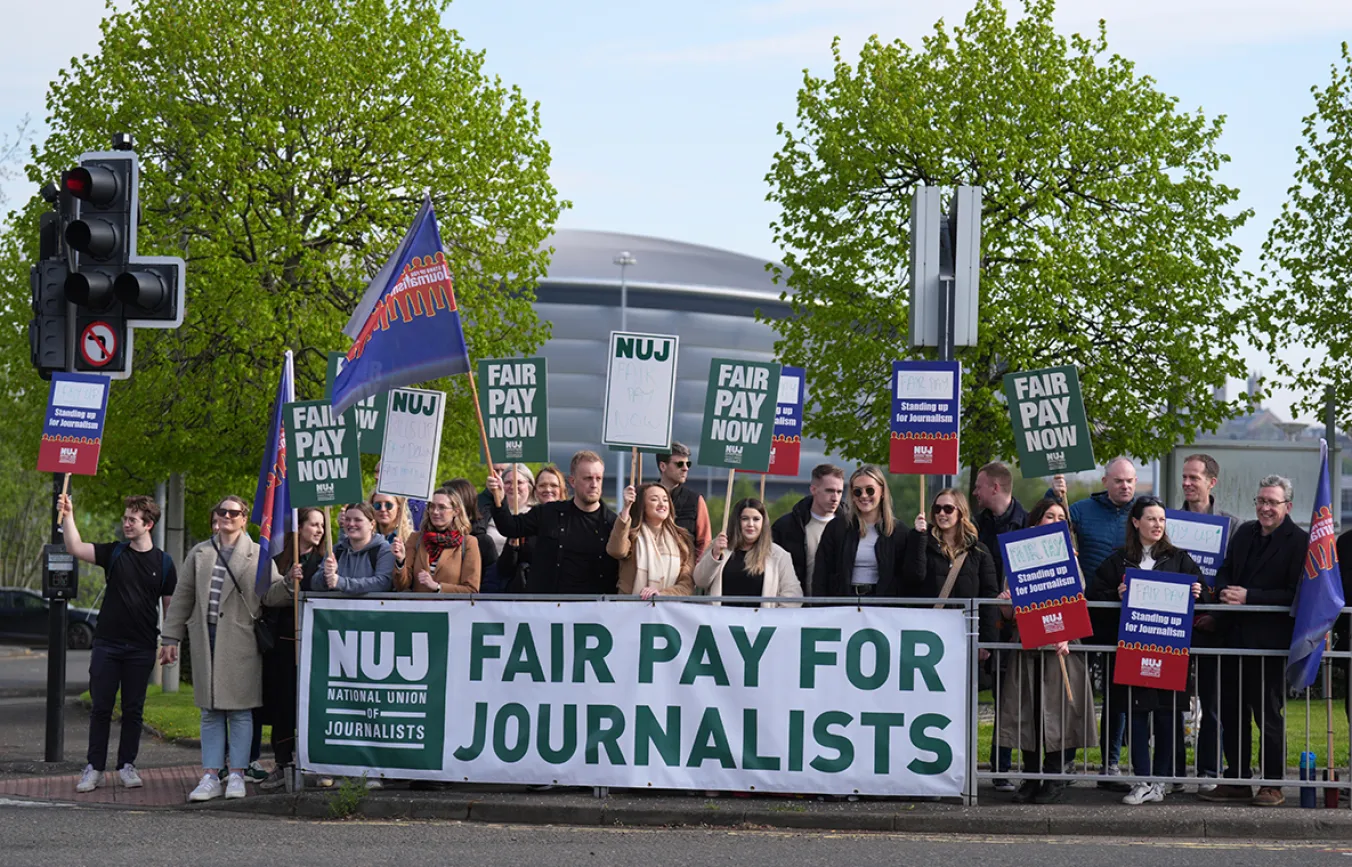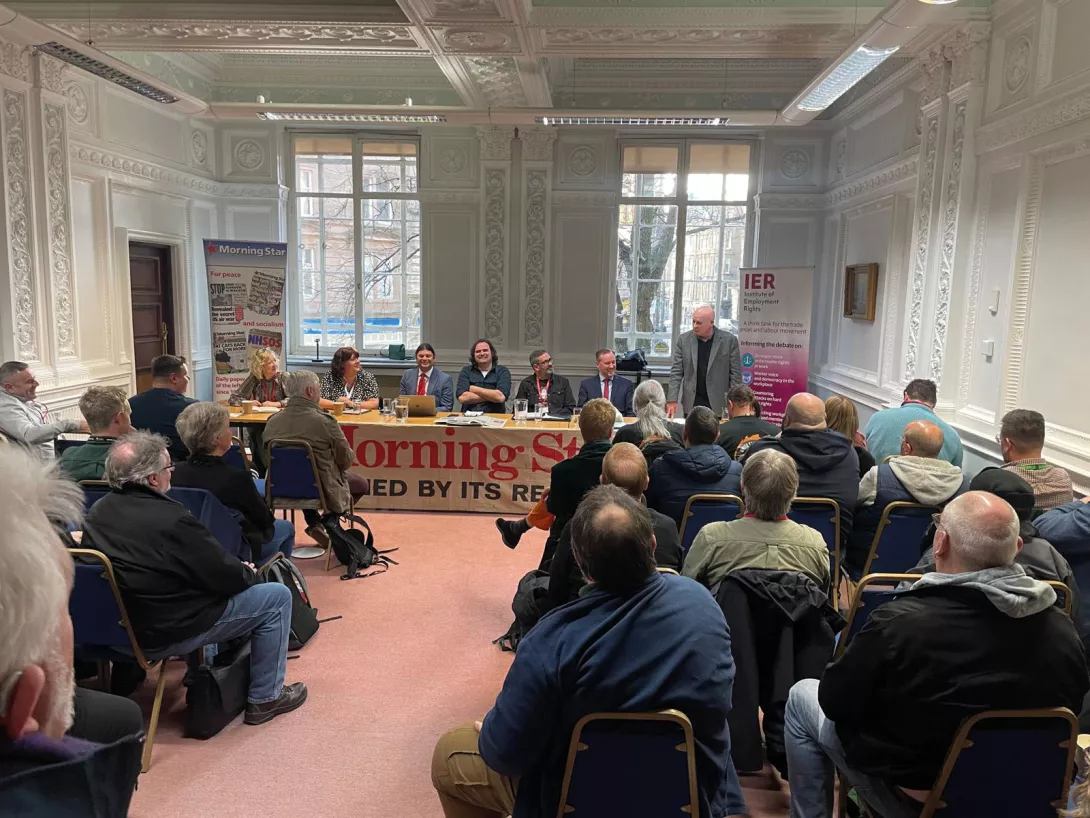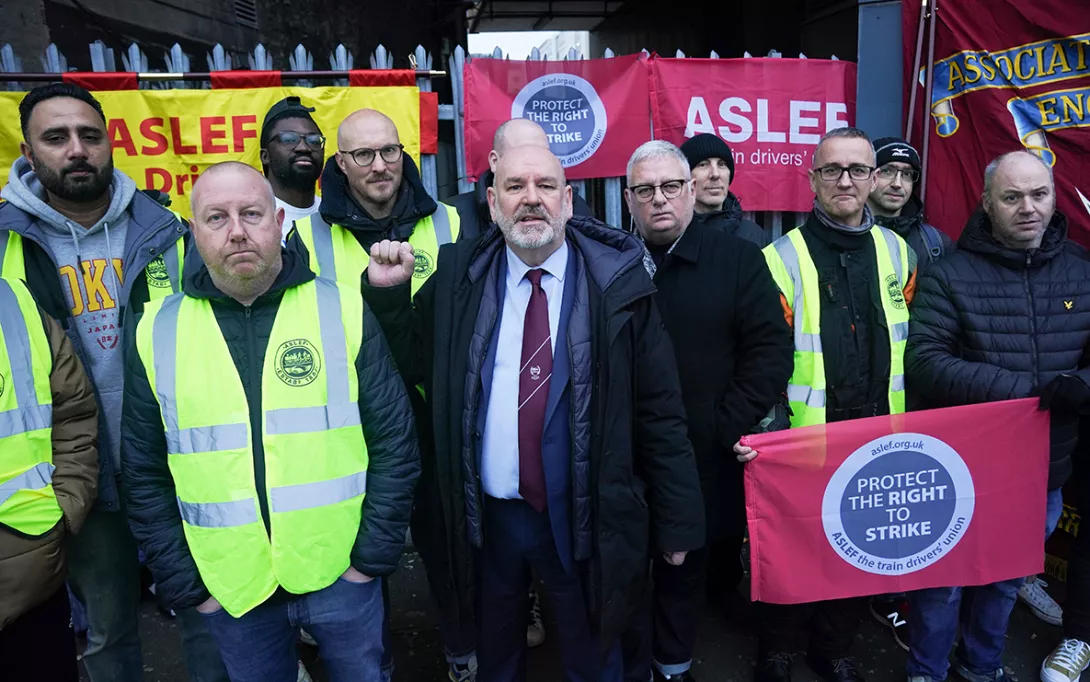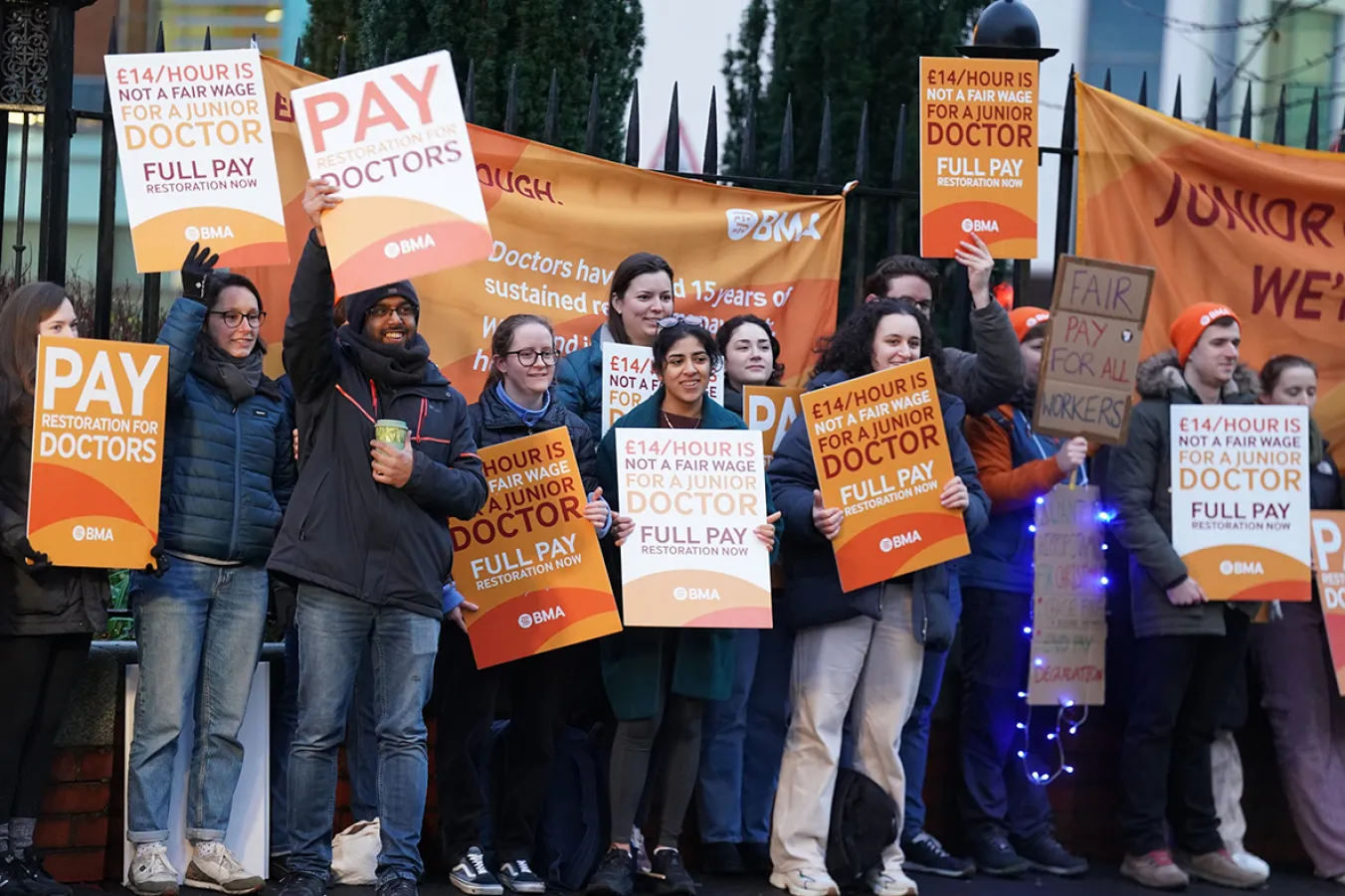
THE trade union movement covering the Northern TUC region congregates today to win back workers’ rights across the region — employment rights which have been systematically eroded under this shambolic Tory government.
As delegates from every corner of the region assemble in Newcastle this weekend, it is against a political backdrop that will shape our region for years to come — a government that is still wasting its (hopefully) limited days attacking the right to strike for working people instead of attempting to resolve the mess it has made of our NHS and broader public services.
Privatisation of public services was a bad idea 40 years ago, and still is today. A change of boundaries in the north-east of the region means that as of the mayoral elections in May, the region will be bound in a groundbreaking devolution deal with a new mayor implementing its ambition.
